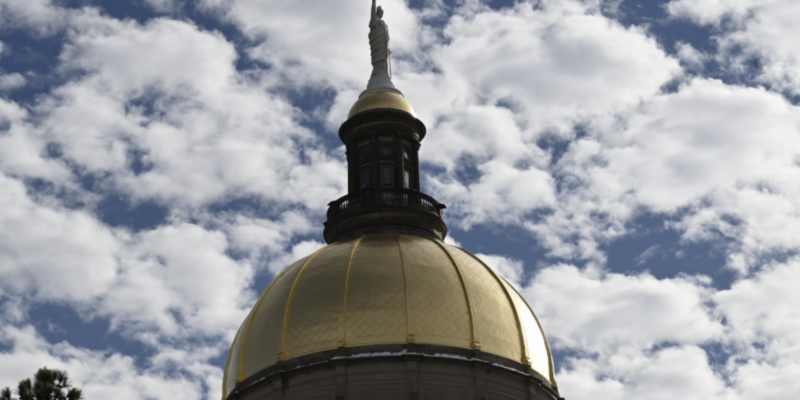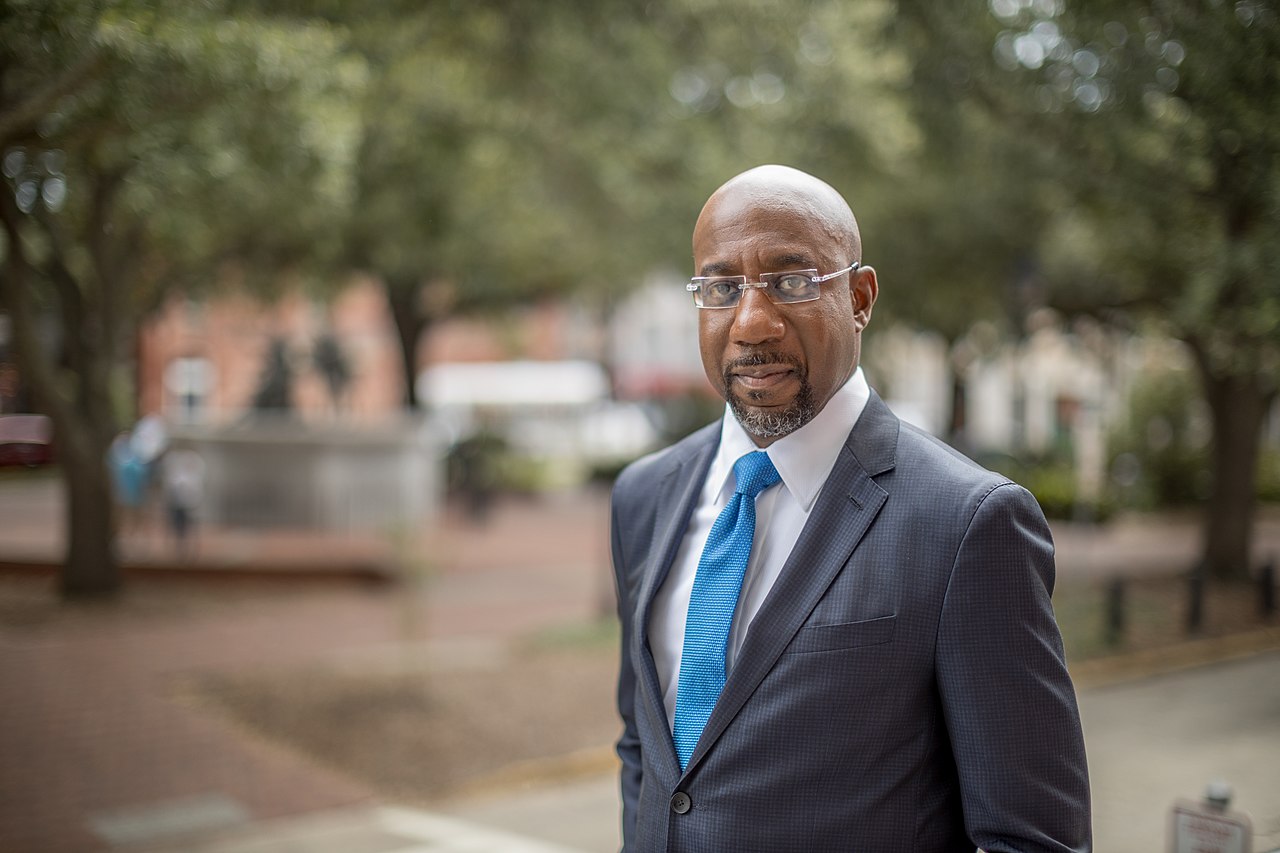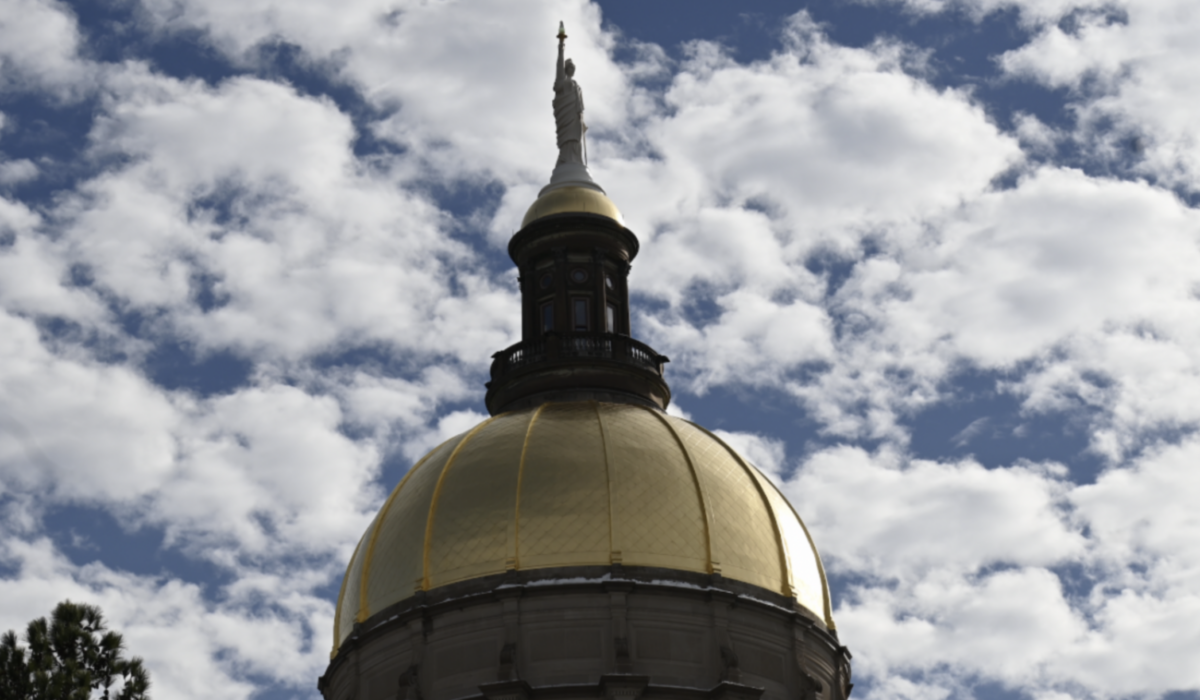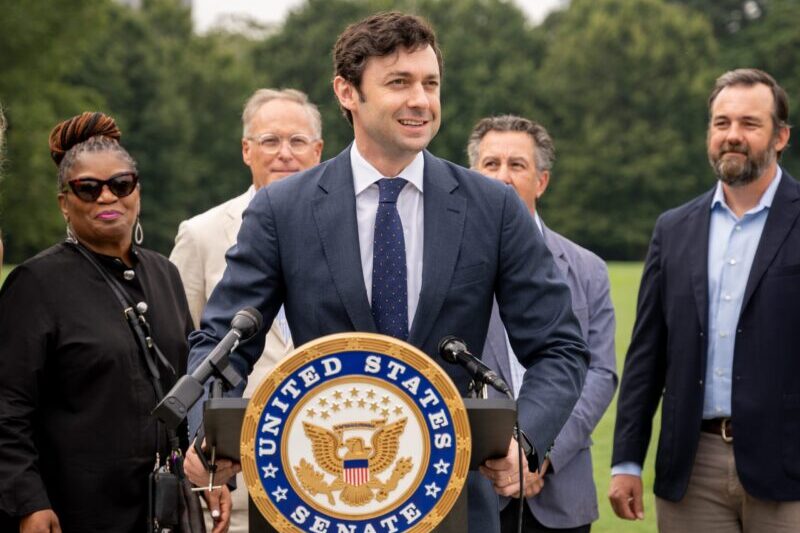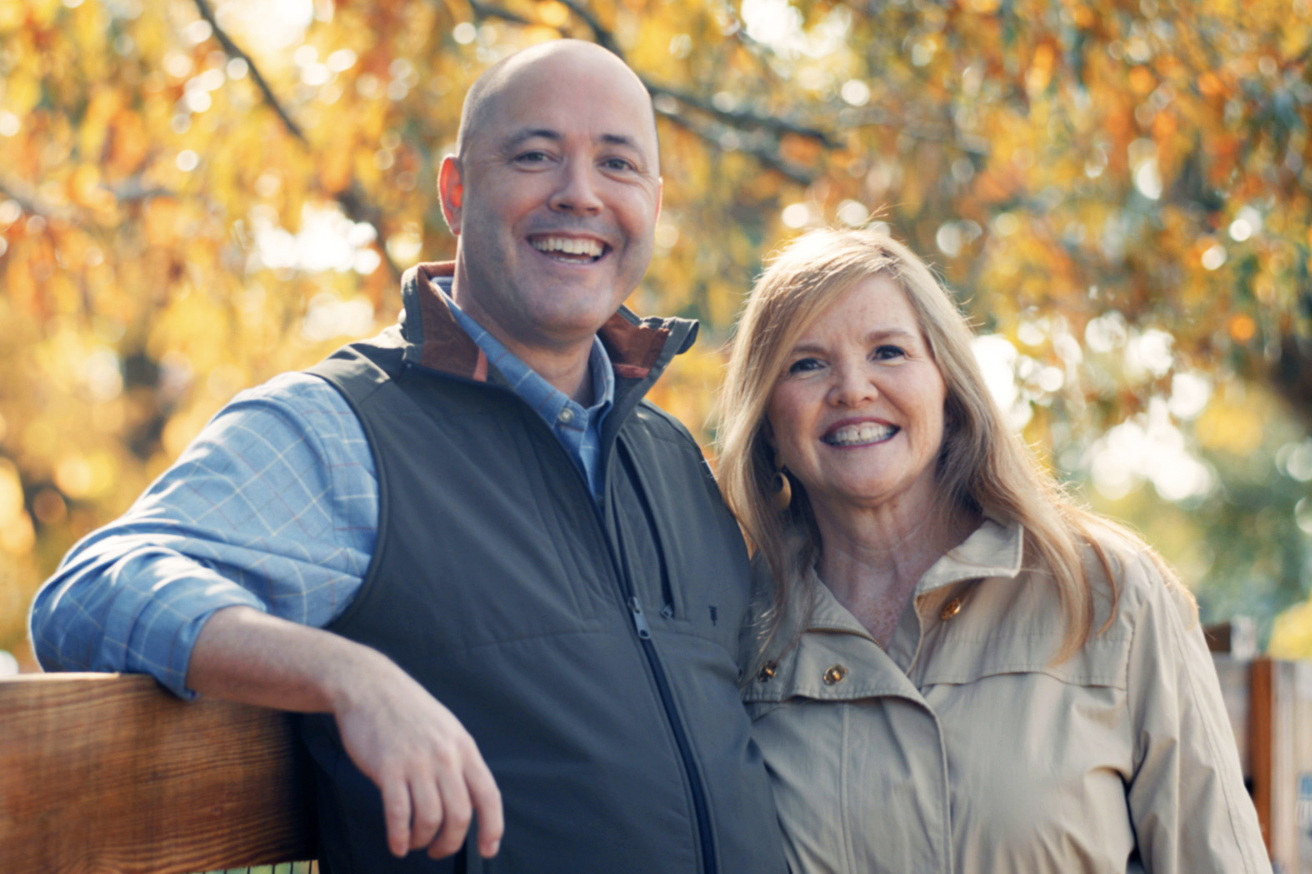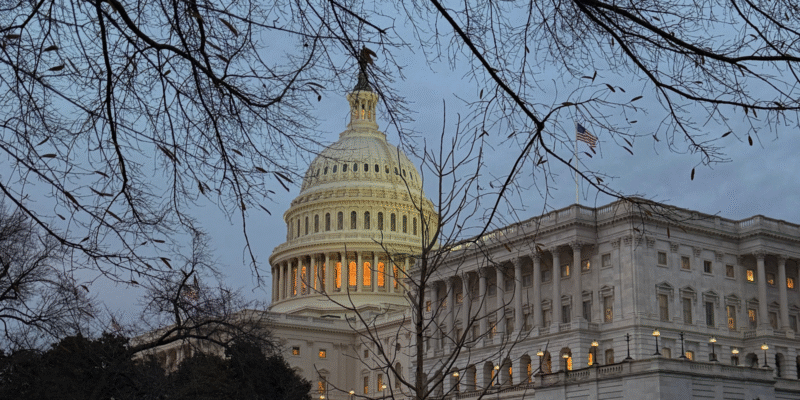Four Southwest Atlanta churches have come together to launch the Westside Resilience Corridor, a new initiative aimed at reducing high energy costs, improving housing conditions, and expanding access to clean energy in one of the city’s most underserved areas. The Westside Resilience Corridor is a partnership between the West Hunter Street Baptist Church, Providence Missionary Baptist Church, Community Church Atlanta, and Atlanta Good Shepherd Community Church.
The corridor is set to collaborate with a non-governmental organization named Groundswell, Georgia Power, the Georgia Environmental Finance Authority, and the City of Atlanta. The overall goal of this coalition is to strengthen community resilience through energy efficiency, solar power, workforce training, and neighborhood resilience hubs.
For context, Atlanta neighborhoods on the west side have some of the highest energy burdens in the city, according to Georgia Tech research. Families often face steep power bills, which are worsened by aging homes and long-overdue repairs that use more energy.
The coalition will offer a program where fifty income-qualified households will receive critical repairs and energy efficiency upgrades, cutting utility bills and keeping housing affordable. Each of the churches will also prepare for its own efficiency improvements, leading by example and freeing up more resources for ministry.
Alongside this program, the coalition is promoting the design of a resilience hub, pairing solar energy with more storage, in case of outages and extreme weather. A workforce training program will also be offered, focusing on skilled careers in the energy industry.
For church leaders, this effort represents the intersection of ministry and community service. Pastor Richard Bright of the Atlanta Good Shepherd Community Church commented on the initiative, stating, “During my long career in ministry, environmental science, and public health, I have longed to see this kind of coalition of churches come together to focus on the comprehensive well-being of our communities.”
Matthew Wesley Williams, Senior Vice President of Community Development at Groundswell, concurred with Bright and expressed optimism for the initiative. He stated, “Access to critical resources and infrastructure, connection to community, and participatory local decision-making are central to how Groundswell approaches resilience, and the Westside Resilience Corridor embodies this joyful work.”
By the end of this year, the Westside Resilience Corridor expects tangible progress across homes, churches, and the broader community. The corridor’s core mission is to fix the issues of today, while preparing the community to fix the issues of the future.

